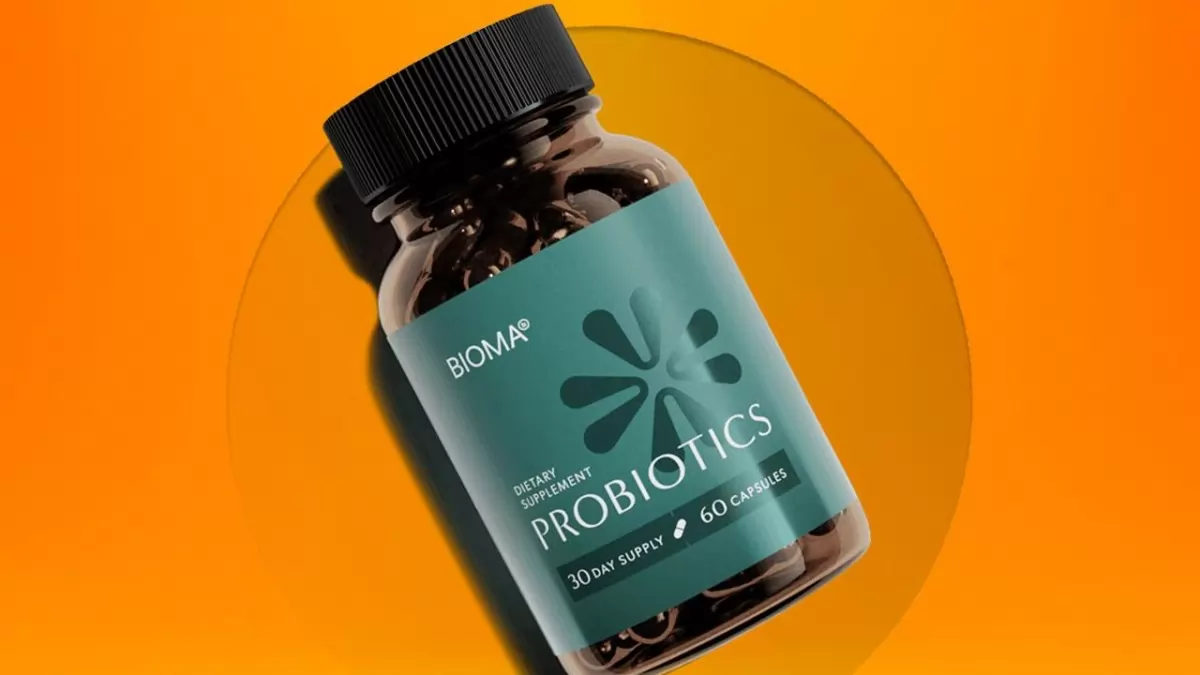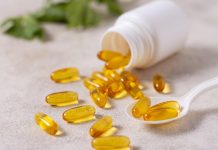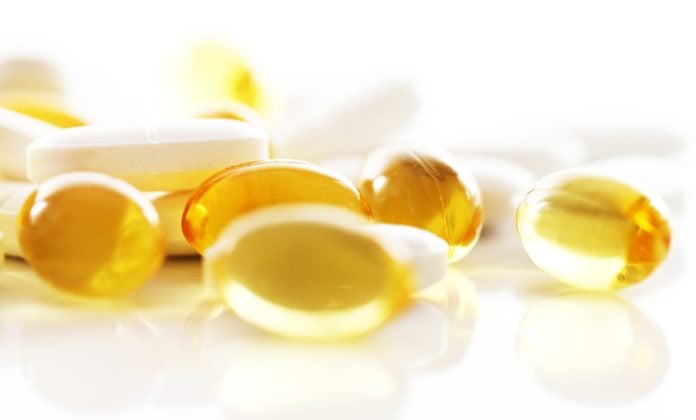
This post may contain affiliate content from which we earn a small commission at no additional cost to you. Read our full disclosure.
Ever wondered how to bounce back after a round of antibiotics wreaks havoc on your gut? It’s a common struggle, but fear not! Restoring gut health after antibiotics is totally doable with the right approach. In this article, we are diving into practical strategies on How to Restore Gut Health After Antibiotics.
From incorporating probiotics to nourishing your body with gut-friendly foods, we’ve got you covered. Say goodbye to post-antibiotic woes and hello to a happy, balanced gut! Let’s dive in and reclaim your gut health together.
Understanding the Gut Microbiome
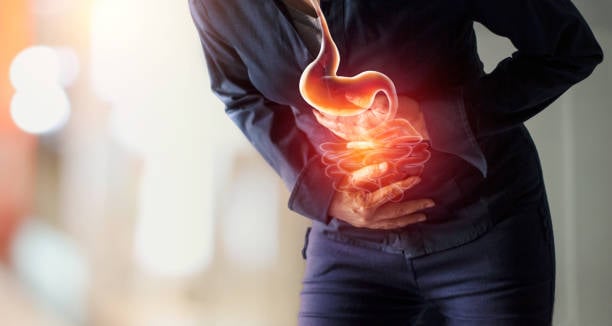
Before delving into restoration methods, it’s crucial to grasp the significance of the gut microbiome. The gut harbors trillions of microorganisms, including bacteria, fungi, and viruses, collectively known as the gut microbiota. These microorganisms play a pivotal role in digestion, immune function, and even mental health.
The gut microbiome is a complex ecosystem that interacts with various factors, including diet, lifestyle, medications, and environmental influences. Antibiotics can disrupt this delicate balance by killing both harmful and beneficial bacteria, leading to dysbiosis, or microbial imbalance, in the gut.
Wanna know more about how your diet impacts your gut health, you can read our article “The Impact of Diet on Gut Microbiota”.
Prebiotic Foods: Fueling the Microbial Ecosystem
Prebiotics are non-digestible fibers that serve as fuel for beneficial gut bacteria. Including prebiotic-rich foods in the diet can support the growth and activity of probiotics, enhancing gut health.
Prebiotics pass through the digestive tract undigested until they reach the colon, where they are fermented by beneficial bacteria, producing short-chain fatty acids that nourish the gut lining and promote overall health.
Foods like onions, garlic, bananas, asparagus, and whole grains are excellent sources of prebiotics and can complement probiotic intake for optimal results. Consuming a combination of probiotic and prebiotic foods can synergistically support gut health and enhance microbial diversity.
Probiotics: Nature’s Restorative Agents
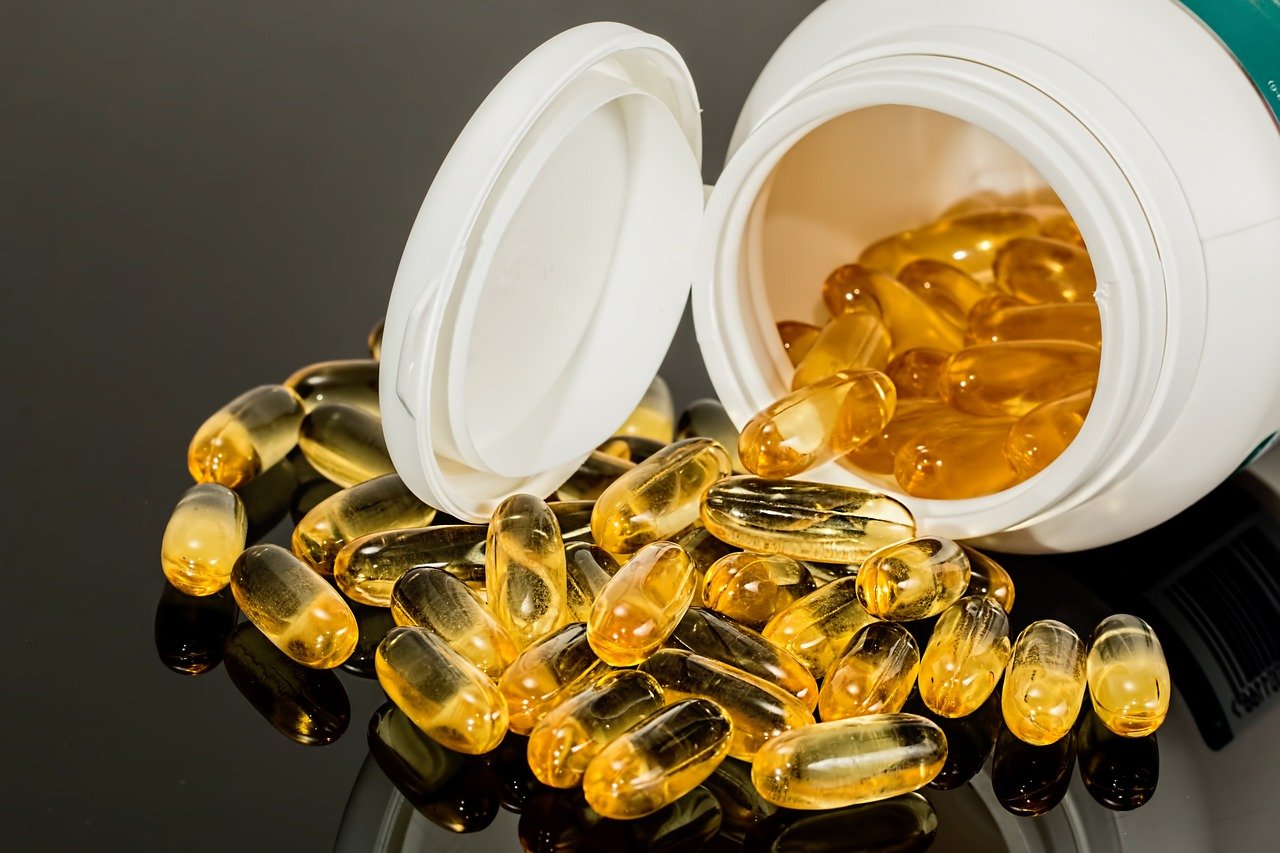
Probiotics are live microorganisms that confer health benefits when consumed in adequate amounts. These beneficial bacteria can help replenish the gut microbiome depleted by antibiotics. Probiotics work by colonizing the gut and competing with harmful bacteria for resources and space, thereby restoring microbial balance.
Consuming probiotic-rich foods such as yogurt, kefir, sauerkraut, and kimchi can introduce diverse strains of beneficial bacteria into the gut, promoting microbial diversity and resilience. Probiotic supplements are also available and can be particularly beneficial for individuals with severe gut dysbiosis or those unable to tolerate probiotic-rich foods.
Explore Bioma, a probiotic and prebiotic supplement in one. To learn more, check out our Bioma review. If you’re ready to order your own Bioma Supplements, simply click here. Enjoy free shipping and a 40% discount with the code below.
A diet abundant in fiber is essential for maintaining a healthy gut environment. Fiber acts as a prebiotic, stimulating the growth of beneficial bacteria while also promoting regular bowel movements. Fiber-rich foods such as fruits, vegetables, legumes, nuts, and seeds provide essential nutrients and support digestive health. Dietary fiber can help prevent constipation, regulate blood sugar levels, and lower cholesterol levels, all of which contribute to overall well-being. Incorporating a variety of fiber-rich foods into the diet ensures a diverse array of nutrients and promotes a healthy gut microbiome. Certain dietary and lifestyle factors can exacerbate gut dysbiosis and hinder post-antibiotic recovery. Processed foods high in sugar and unhealthy fats can promote the growth of harmful bacteria, while excessive alcohol consumption and stress can further disrupt gut balance. Limiting these gut disruptors can facilitate the restoration process and support long-term gut health. Instead, focus on whole, nutrient-dense foods that nourish the body and support microbial diversity. Additionally, practicing stress-reducing techniques such as mindfulness, meditation, or yoga can help mitigate the negative effects of stress on gut function. Proper hydration is crucial for maintaining optimal digestive function and supporting the growth of beneficial gut bacteria. Adequate water intake helps flush toxins from the body, prevent constipation, and promote overall gut health. In addition to water, herbal teas, coconut water, and infused water can add variety to hydration choices while providing additional health benefits. Avoiding excessive caffeine and sugary beverages is important for gut health, as these can disrupt hydration levels and contribute to gut inflammation. Regular physical activity not only benefits overall health but also influences the composition and diversity of the gut microbiome. Exercise promotes microbial diversity and enhances the production of short-chain fatty acids, which are essential for gut health. Engaging in moderate-intensity activities such as walking, cycling, or yoga can positively impact gut microbial balance. Aim for at least 30 minutes of moderate exercise most days of the week to support gut health and overall well-being. Practicing mindful eating habits can significantly impact gut health and aid in post-antibiotic recovery. Slowing down during meals, chewing food thoroughly, and paying attention to hunger and fullness cues can improve digestion and nutrient absorption. Additionally, incorporating stress-reducing techniques such as deep breathing or meditation can mitigate the negative effects of stress on gut function. Mindful eating promotes a healthy relationship with food and encourages awareness of how food choices impact overall health and well-being. Bioma’s unique blend of beneficial bacteria operates much like a dedicated team, diligently maintaining the health and happiness of your gut. These bacteria play a crucial role in facilitating proper digestion and promoting overall well-being. The elements known as prebiotics within Bioma serve as nourishment for these beneficial bacteria residing in your gut. By supporting their growth and function, prebiotics are essential in preserving intestinal health and preventing discomforts such as bloating, irregular bowel movements, or digestive troubles. Furthermore, the activity of these beneficial bacteria results in the production of valuable postbiotics. These postbiotics contribute to the resilience of your intestines and bolster your body’s defenses against illnesses. if you’re interested in trying Bioma read our full Bioma review then Click here to kickstart your Bioma probiotics journey now. Grab the code below for free shipping and to get 40% off. In conclusion, restoring gut health after antibiotics is vital for our overall well-being. By incorporating probiotics, fiber-rich foods, and staying hydrated, we can replenish beneficial bacteria and support digestion. Additionally, adopting a balanced diet and managing stress levels play crucial roles in maintaining gut health. With patience and consistent efforts, we can gradually restore harmony within our digestive system and promote better health. How long does it take for gut bacteria to recover after antibiotics? It usually takes several weeks for gut bacteria to recover after a course of antibiotics. The exact time can vary depending on factors like the type and duration of antibiotics used, as well as individual differences in gut health. How do you reverse gut damage from antibiotics? To reverse gut damage from antibiotics, focus on replenishing beneficial bacteria. Include probiotic-rich foods like yogurt, kefir, and fermented vegetables in your diet. Additionally, consume prebiotic foods such as onions, garlic, and bananas to nourish the existing gut bacteria. How do I get my gut bacteria back to normal? To restore your gut bacteria to normal, adopt a balanced diet rich in fiber, fruits, and vegetables. Avoid excessive intake of processed foods and sugar, which can disrupt the gut microbiome. Incorporating fermented foods and probiotic supplements can also help restore microbial balance in the gut.
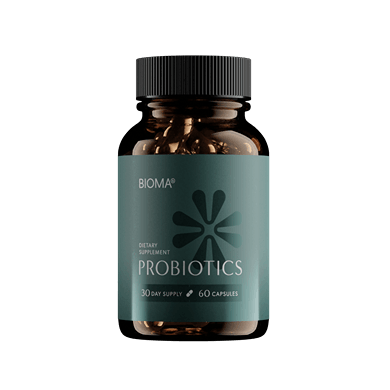
Bioma Probiotics Offer - 75% Off Discount Code
Fiber-Rich Diet: Nourishing the Gut Terrain
Avoiding Gut Disruptors
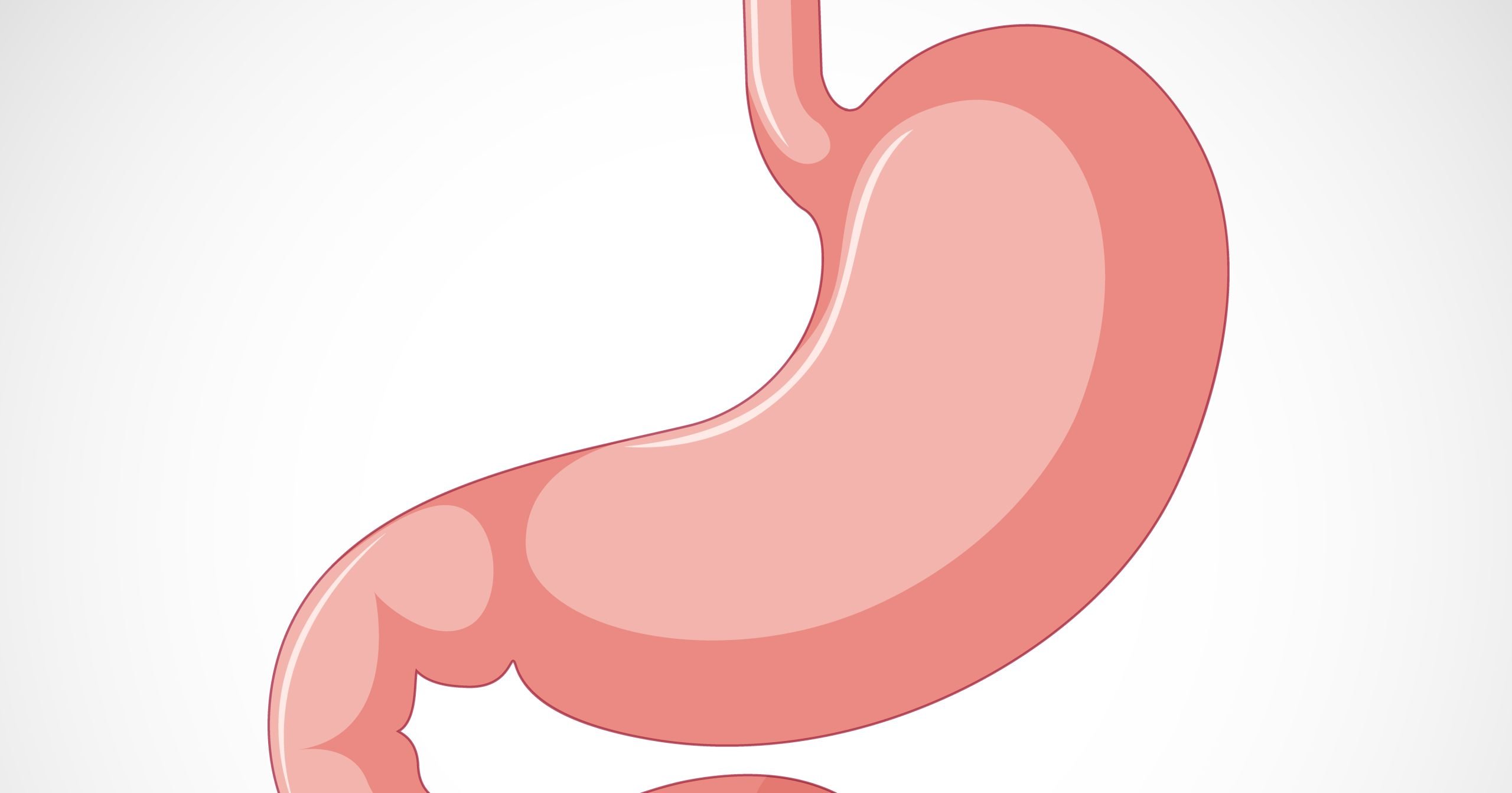
Hydrating the Gut Ecosystem
Physical Activity: Energizing the Gut Microbiota

Mindful Eating
Bioma for Gut Health


Bioma Probiotics Offer - 75% Off Discount Code
Wrap-Up
FAQs – How to Restore Gut Health After Antibiotics
Disclosure: In the spirit of full disclosure, DIYactive.com may be compensated in exchange for featured placement of certain reviews or links on this website. View our full disclosure.
